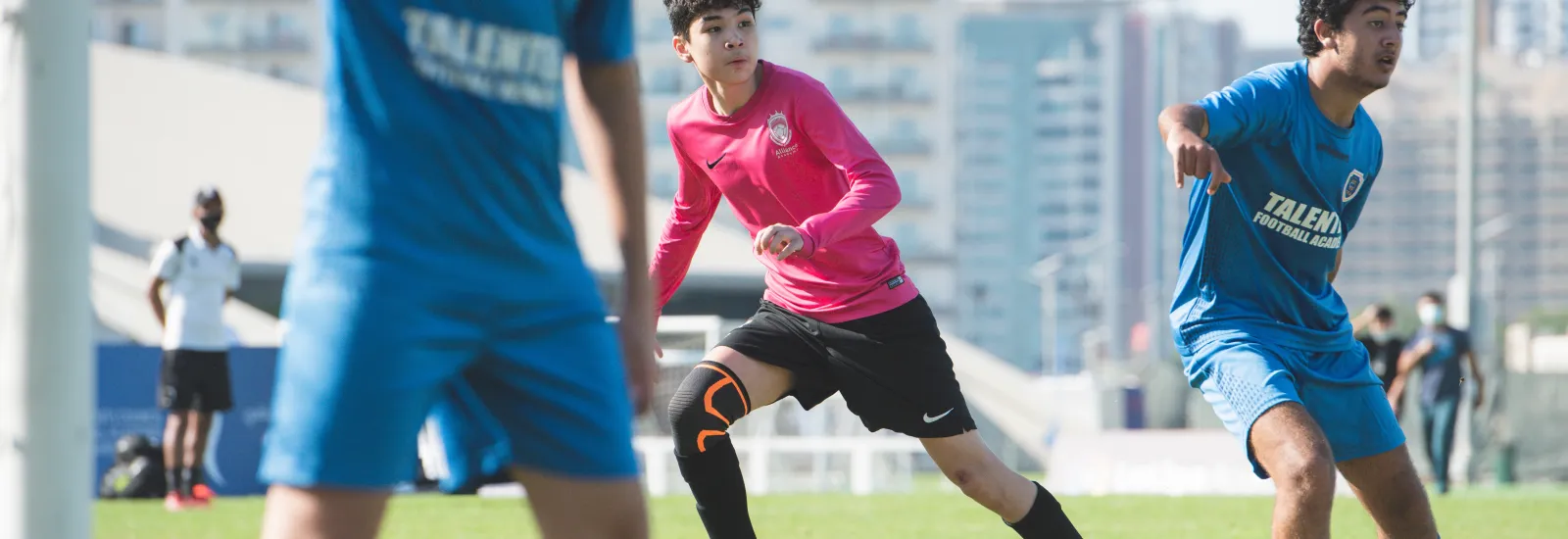
Youth Sports Serve Up a Lifetime of Benefits
Youth Sports Serve Up
a Lifetime of Benefits
Middle school athletic practices and (high school sports) games can sometimes be tedious to sit through and you may wonder if your kid will even remember them. While your child likely won't remember every practice they attend, studies have found that participation in (youth sports) improves immediate health and sets the foundation for long-term healthy habits. July 20-24th is National Youth Sports Week and Reid Health is helping local kids get ready to play.
Active kids = healthy
kids
The Department of Health and Human Services recommends
children between the ages of 6 and 17 engage in 60
minutes of physical activity every day. What's more, over the course of one
week, your child should get a variety
of activity including:
·
Aerobic
activity - The majority of your child's daily physical activity should
consist of activities like walking, running, riding their bike, swimming or
anything that gets their heart beating faster and makes them breathe harder.
·
Muscle
strengthening - Activities that help strengthen muscles, like climbing,
lifting or pulling objects, using monkey bars and even targeted exercises like
push-ups, should be a part of your child's week.
·
Bone
strengthening - Activities like jumping and running help strengthen your
child's bones and should be included in their weekly physical activity.
One great way to help your child meet the minimum 60 minutes
of physical activity per day? Youth sports.
Benefits of youth
sports
Youth sports can help your child meet the recommended level
of daily physical activity and better set your child up for a future of
success. Youth sports teach valuable lessons and set a pattern for healthy
habits in your child while they're young. The lifetime
benefits of youth sports range from better physical health, improved mental
health and advantages in the workplace once employed.
Youth sports teach:
·
Goal-setting
·
Discipline
·
Teamwork
·
Balancing responsibilities
·
Leadership
·
Coping skills
Youth sports instill:
·
A sense of belonging
·
Higher self-esteem
·
Personal responsibility
·
Self-control
Kids who play youth
sports are more likely to:
·
Perform well in school
·
Go to college
·
Become and stay employed
·
Achieve manager and director level roles in
employment
·
Become business and political leaders
·
Participate in social and charitable programs
How can I help my
child get ready to play sports?
Wondering how you can help get your child involved in youth
sports? Check with your local school district or parks and recreation program
for youth sports offerings and follow these tips
to help create a fun and safe experience for your child.
·
Age
matters - Most kids are ready to participate in organized sports by age 6.
Prior to age 6, encourage daily physical activity by engaging with your child
through play at home, outside, or at parks and playgrounds.
·
Encourage
variety - Encourage your child to try a variety of sports and they'll
likely find a few they really enjoy and even excel in. The American Academy of
Pediatrics reports kids who play a variety of sports are more likely to stay
involved in sports long-term.
·
Keep a
positive attitude - Sports should be fun. Talk positively with your child
about their participation, cheer them on, and praise their efforts.
·
Ask
questions - When choosing a sports program for your child, ask about the
organization's hiring procedures, if they run background checks on coaches,
what the organization's code of conduct is, and what their guidelines are for
coach-athlete communications.
·
Take your
child to a sports physical - Once your child has joined a (school sports)
team, they will likely need to have a (sports physical) before participating in
the season.
What is a sports
physical?
A sports
physical is required by most private and public-school systems for student
athletes to participate in an athletic season. A sports physical is not as
comprehensive as a traditional health physical. Guidelines state that sports
physicals should be completed in a healthcare office and not in a group
setting. At a sports physical your child's pediatrician will:
·
Evaluate your child's general physical and
psychological health.
·
Check your child for life-threatening or
disabling conditions including risk of cardiac arrest and other conditions that
may increase your child's chances of illness or injury.
·
Perform a physical exam that focuses on the
health of your child's heart, muscles, joints, reflexes, nerves and brain.
Where can I find a
sports physical near me?
Sports physicals can be completed by a pediatrician or primary care provider.
If you have more questions about youth sports or sports
physicals get connected with a pediatrician.

